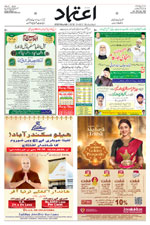Death toll touches new peak in Indian Kashmir
Wed 02 Jan 2019, 17:13:12
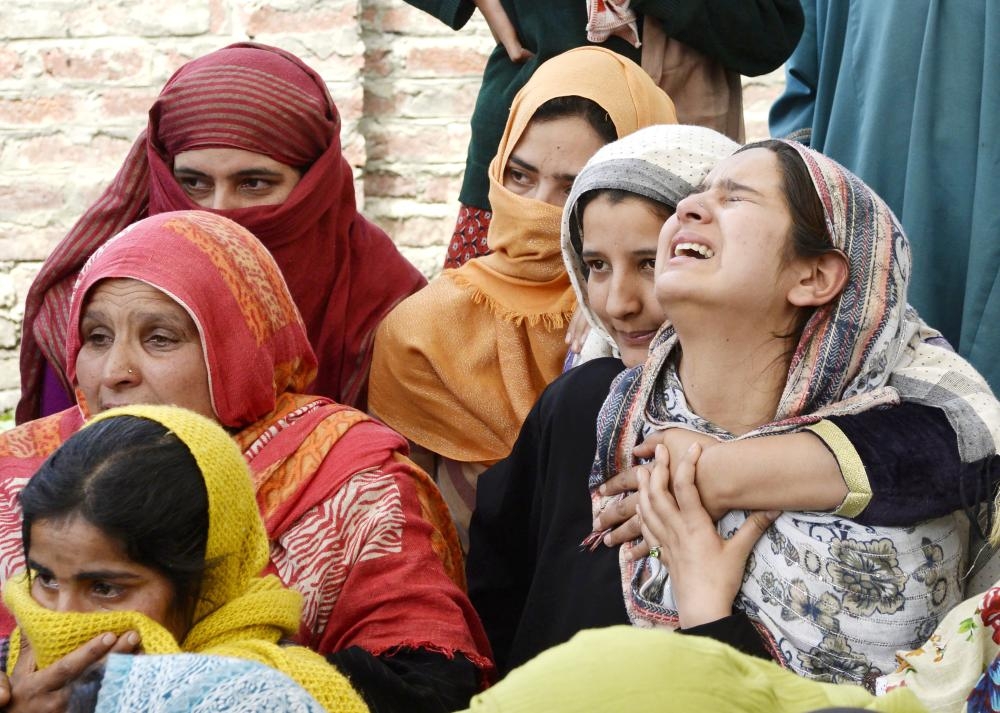
The most deadly year in a decade has left Indian-controlled Kashmir facing a grim future with militant groups and the New Delhi government digging in for an even fiercer battle in 2019, experts say.
Indian forces say they killed two infiltrators coming from Pakistan on New Year’s Eve and authorities still virulently blame the neighboring state for the three-decade-old conflict which has claimed tens of thousands of victims.
But Kashmir politicians and independent Indian experts say the presence of 500,000 troops in the former Himalayan kingdom and an election in India in 2019 leaves little hope for an end to the bloodshed.
The Jammu-Kashmir Coalition of Civil Society (JKCCS), a rights group, listed 586 dead in its annual 2018 toll: 267 militants, 160 civilians — including 31 children — and the rest, state police and Indian armed forces.
Its list does not include the dozens killed in firing across the unofficial border between the Indian and Pakistani sectors of Kashmir. Both sides claim the region.
The numbers of dead militants and security forces are both the highest for a decade, as are the nearly 800 recorded clashes.
The bleak statistics all highlight the effects of a more intense government campaign — “Operation All-Out” — to flush out armed groups who want an independent Kashmir or merger with Pakistan.
Even the 20 recorded cases of suicide among Indian forces in Kashmir is a record, according to the JKCCS.
The 12.5 million population in India’s only Muslim-majority state has given strong support to the militants’ political agenda.
But the nationalist government under Prime Minister Narendra Modi has taken a hard line on Kashmir and Pakistan. With his Bharatiya Janata Party (BJP) seeking a new term this year, there
will be no let up in the military showdown, experts said.
will be no let up in the military showdown, experts said.
“I don’t expect anything to change in the coming year or so. Life will continue to be uncertain,” political analyst Siddiq Wahid, of the University of Kashmir, said.
“An election year in India means there will be an uptick in hardline Hindutva politics over Kashmir. The BJP will try to strongly align Kashmir with its muscular Hindu nationalism,” said Wahid.
Security authorities acknowledge that the hardening positions mean more young Kashmir men are joining rebel ranks.
A police official, speaking on condition of anonymity, said that at least 128 Kashmiri youth had joined underground groups in 2018 — 70 percent more than the previous year.
“There has been no effort to engage the opinion (of Kashmiris) in any kind of a political process,” said Manoj Joshi from the New Delhi-based Observer Research Foundation think-tank.
“So it is not surprising that the disaffected young are taking to militancy in larger numbers,” he said.
The atmosphere of fear and mistrust runs deep.
“The separatists exploit every possible situation to agitate the people, to fan anti-India sentiments,” India’s Home Affairs Minister Rajnath Singh said last week.
Authorities accuse militants of targeting the families of police and security forces who have detained the relatives of wanted militants.
Kashmiri civilians in turn are showing a greater willingness to express public defiance. Many take to the streets hurling stones at the Indian army when they lay siege to militant hideouts.
Thousands attended the funeral in December of 14-year-old Mudasir Ahmad Parrey, believed to be the youngest rebel killed in the battle that started in 1989.
No Comments For This Post, Be first to write a Comment.
Most viewed from International
Most viewed from World
AIMIM News
Latest Urdu News
Most Viewed
May 26, 2020
Do you think Canada-India relations will improve under New PM Mark Carney?
Latest Videos View All
Like Us
Home
About Us
Advertise With Us
All Polls
Epaper Archives
Privacy Policy
Contact Us
Download Etemaad App
© 2025 Etemaad Daily News, All Rights Reserved.

.jpg)
.jpg)

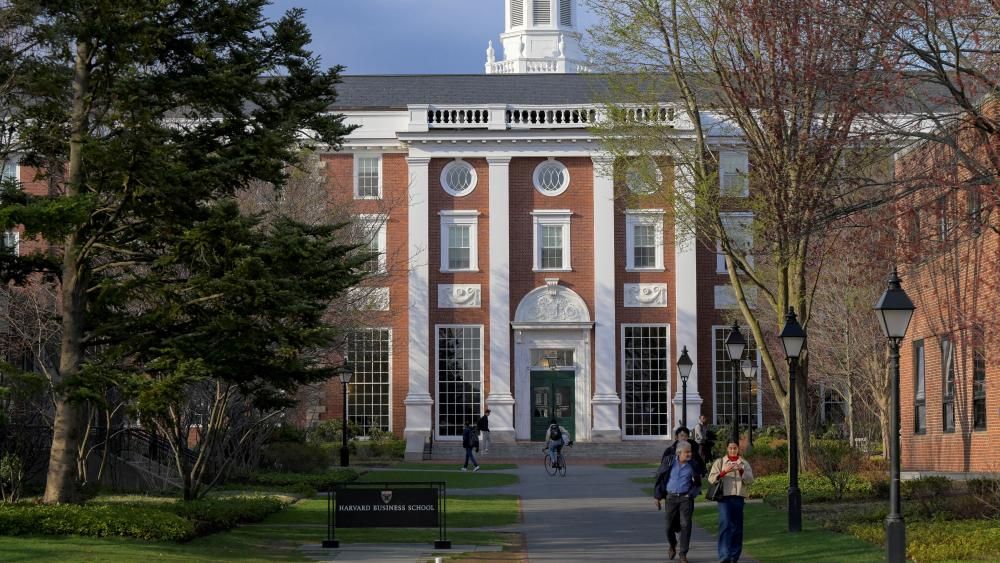
.jpg)
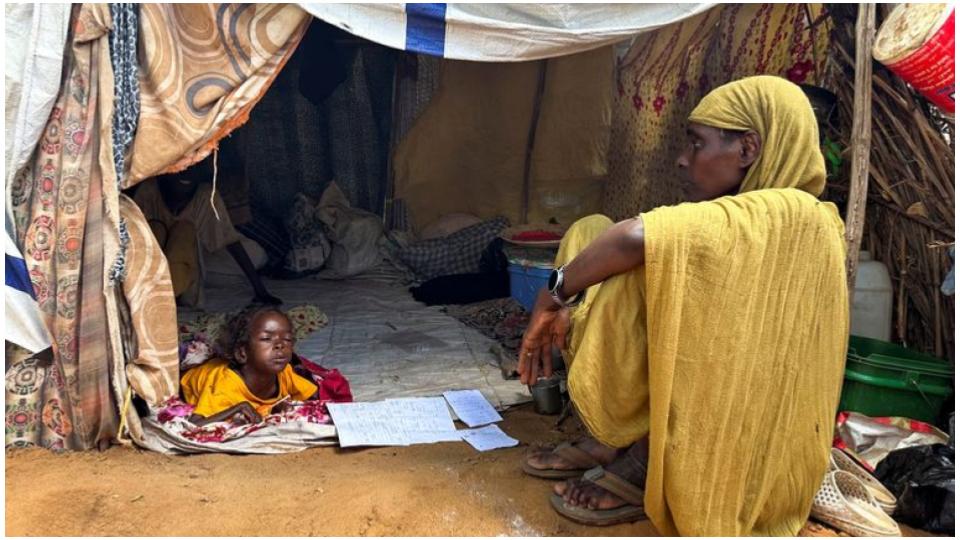
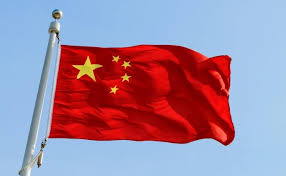
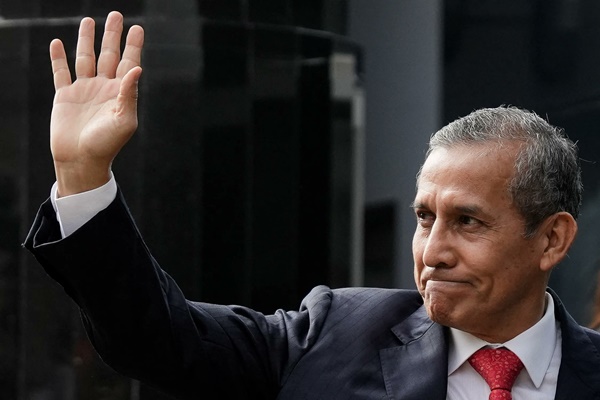
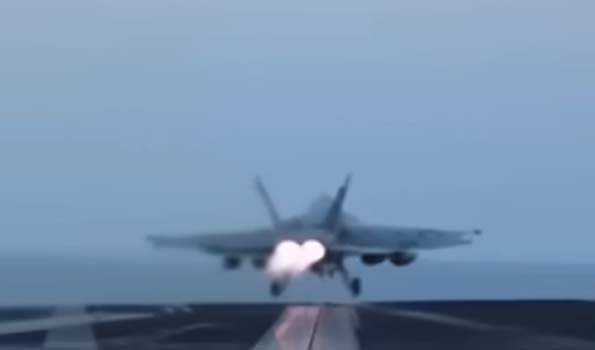
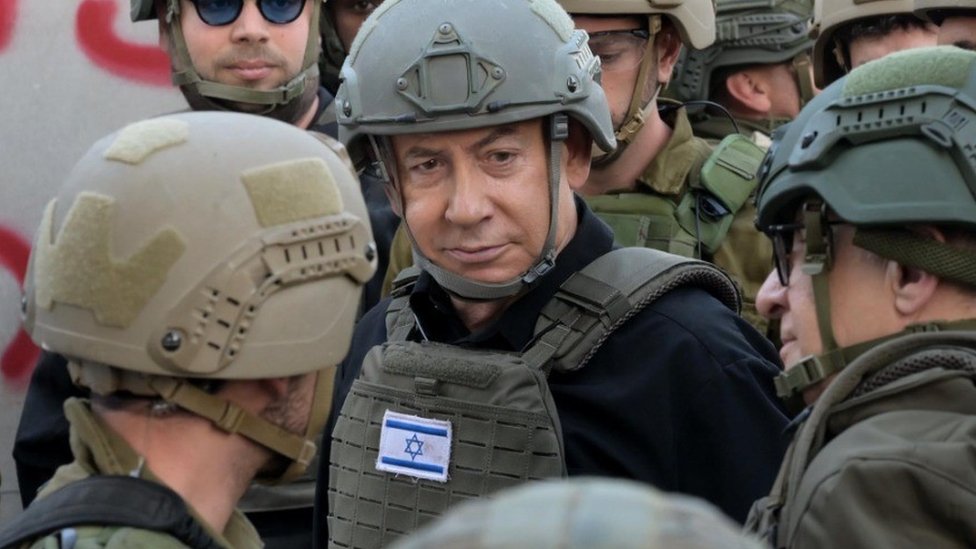

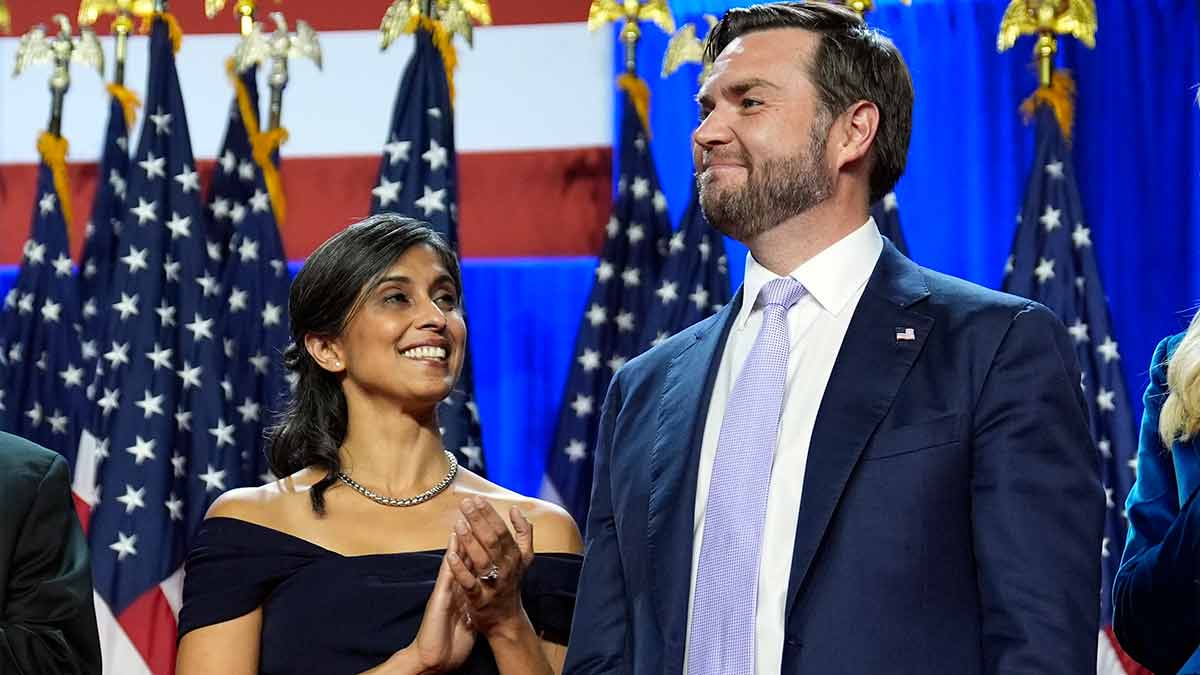
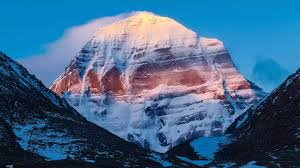
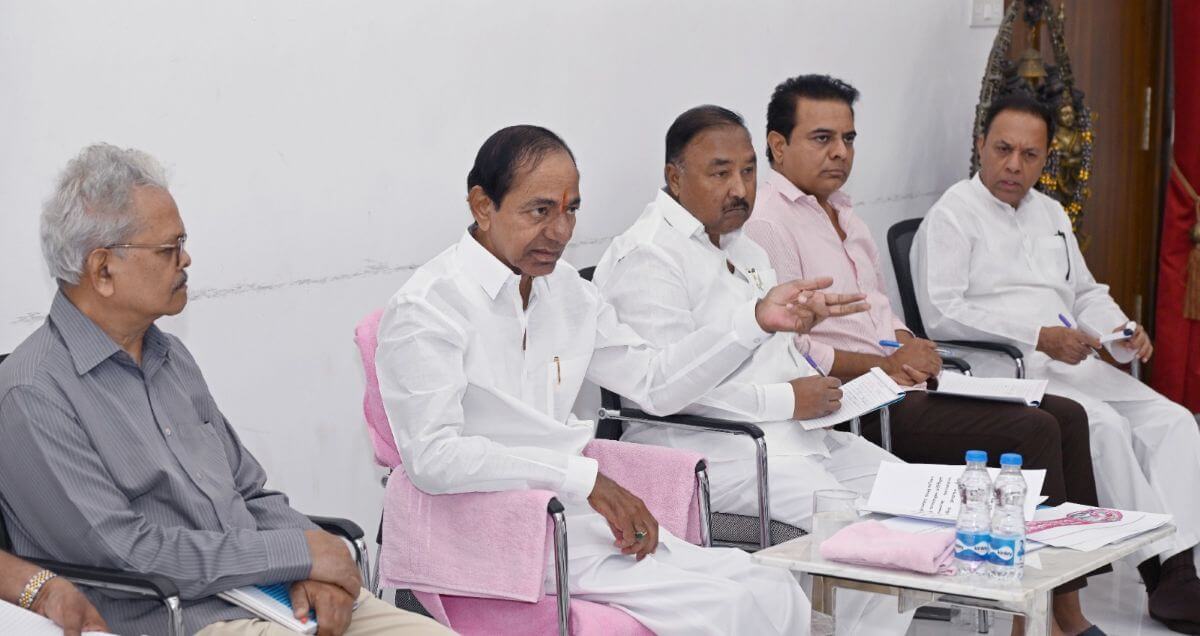
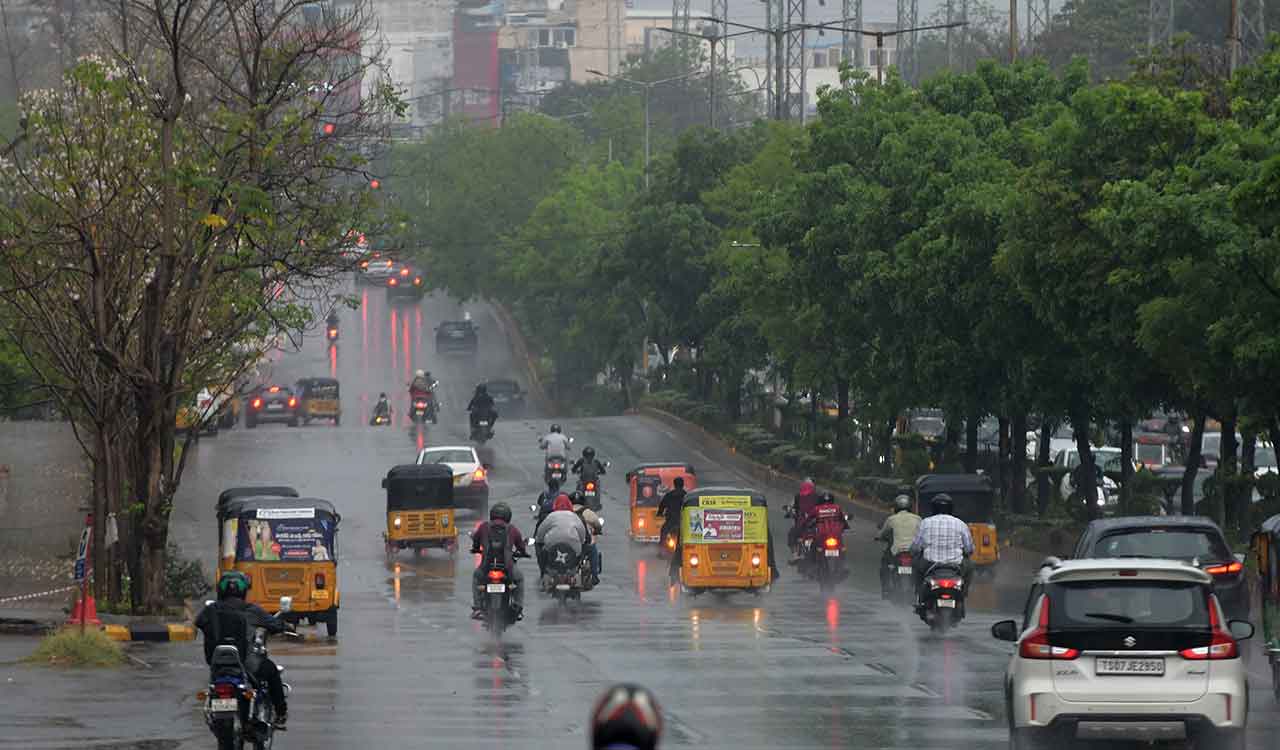
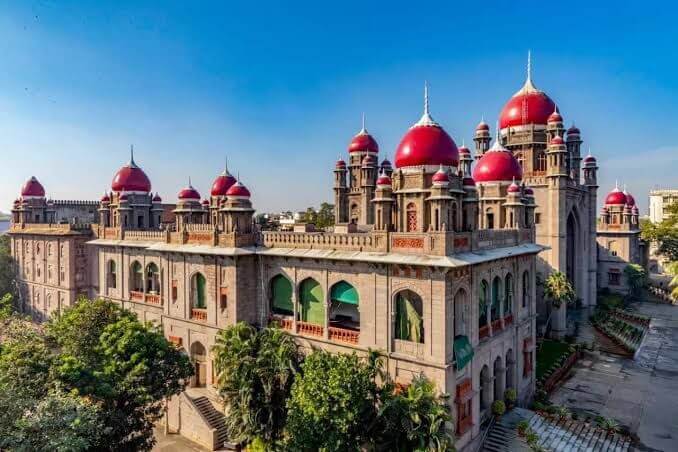
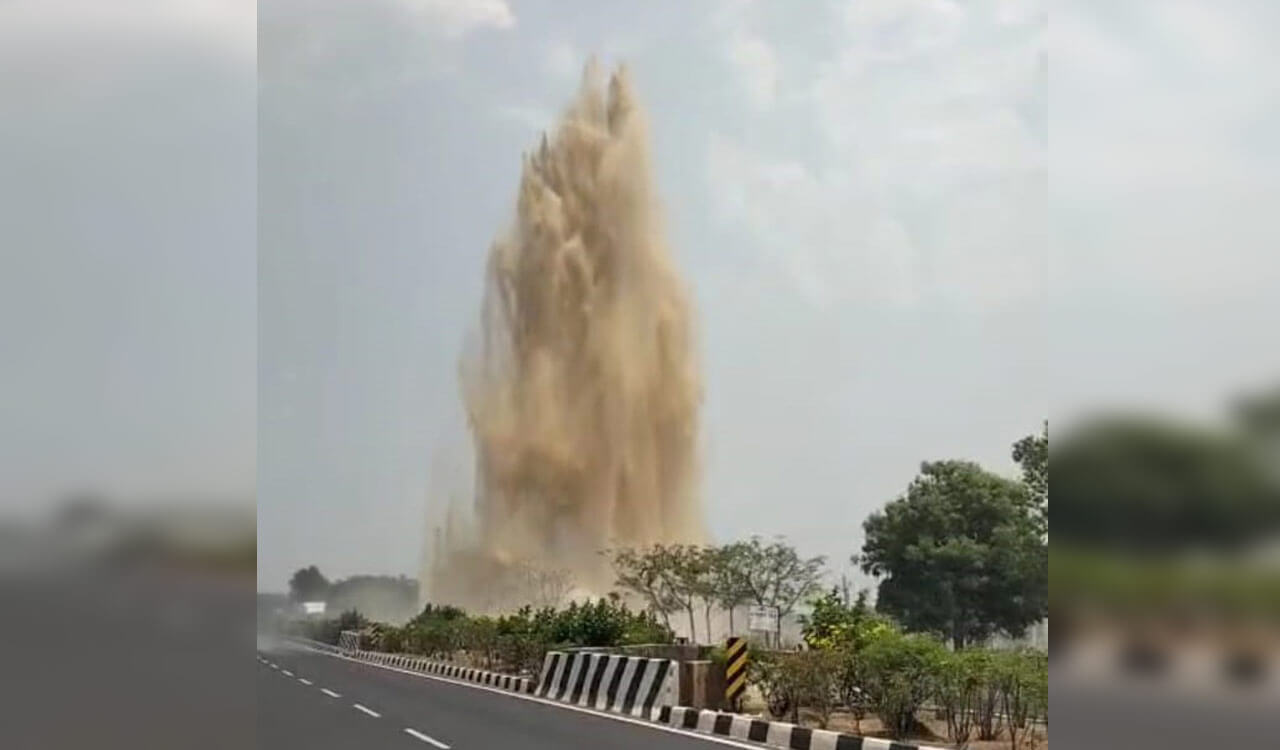
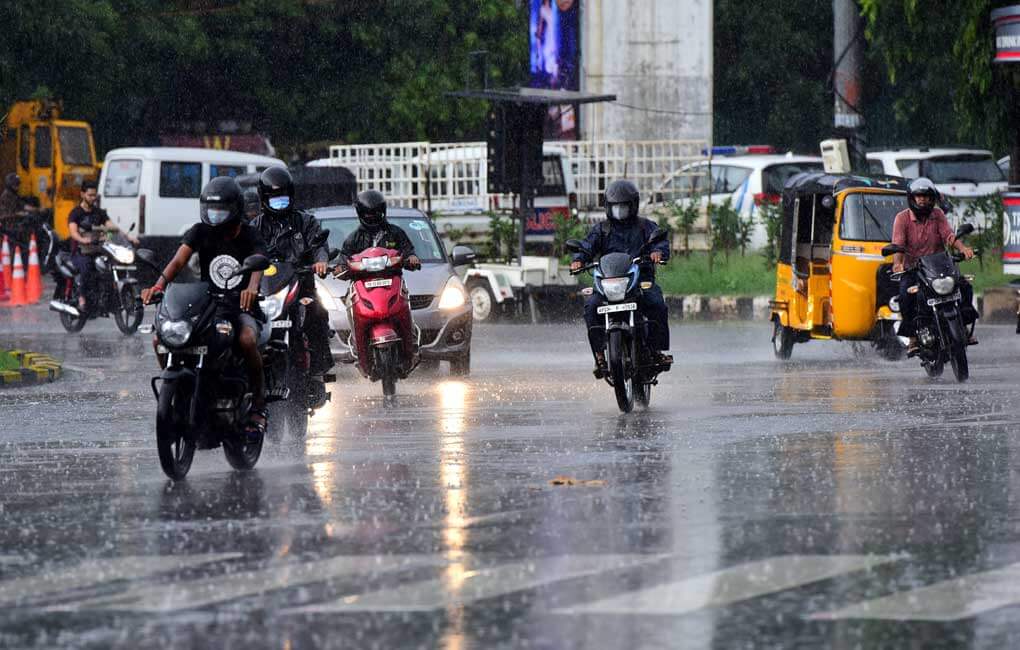
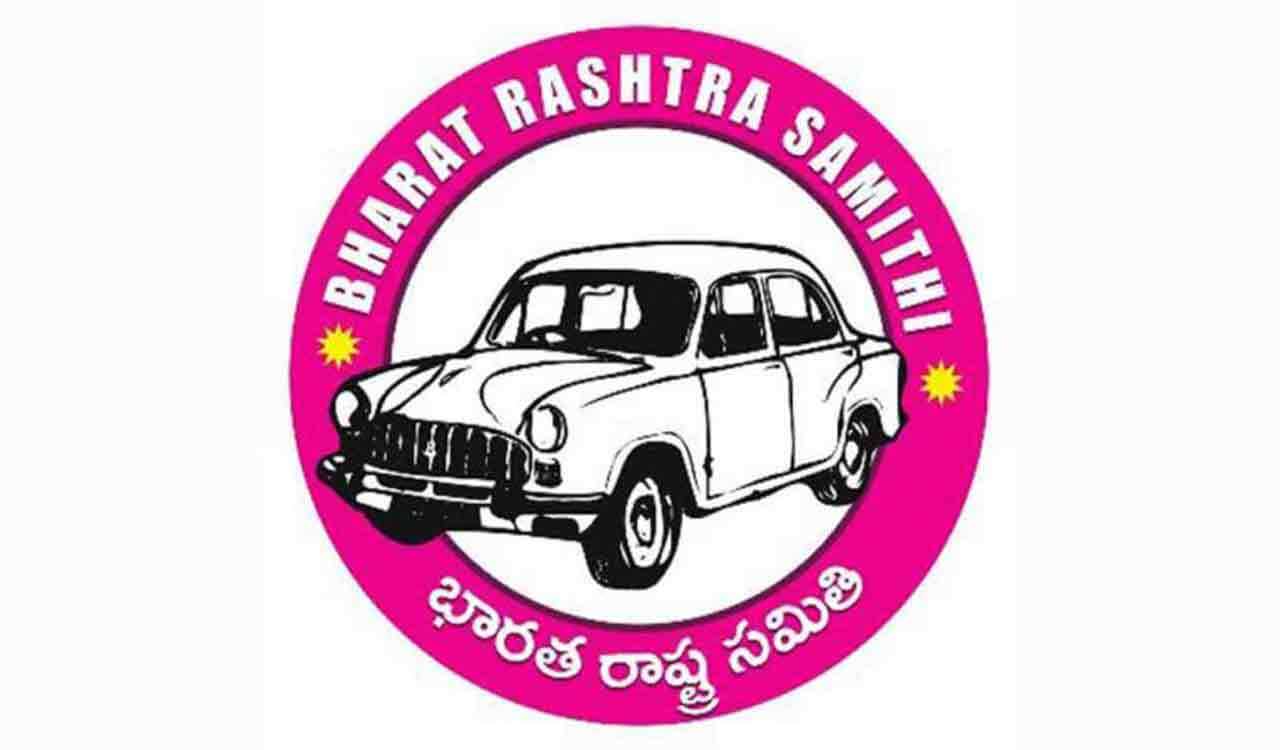
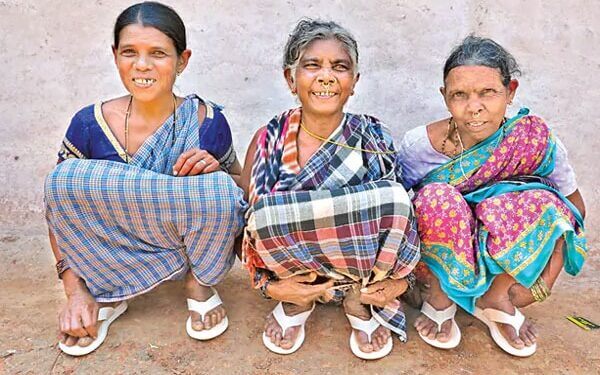
.jpg)
.jpg)
.jpg)
.jpg)

